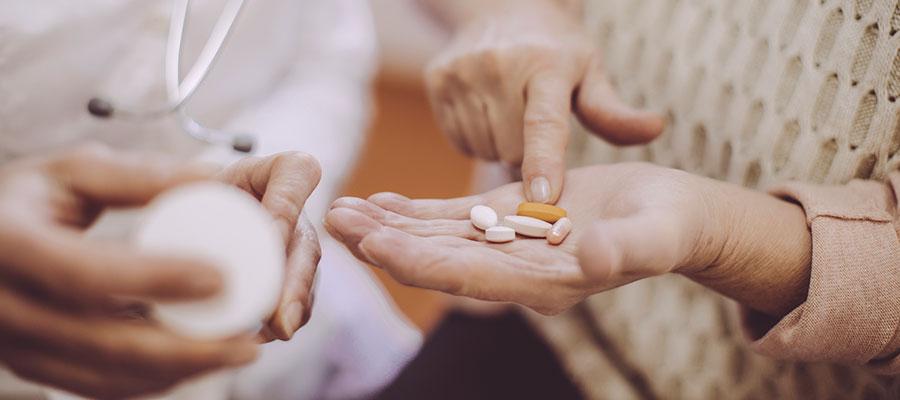JAMA study finds nearly $1 billion in Medicare drug savings opportunity

In 2016, the difference between the amount that the Medicare drug benefit program reported spending on 29 brand-name combination medications and the estimated spending for generic constituents for the same number of doses was $925 million, according to a study released today by JAMA. This includes $235 million if generic products had been prescribed at the same doses, $219 million using generic substitution at different doses, and $471 million from substitution of similar generic medications in the same therapeutic class. “Promoting generic substitution and therapeutic interchange through prescriber education and more rational substitution policies may offer important opportunities to achieve substantial savings in the Medicare drug benefit program,” the authors wrote.

